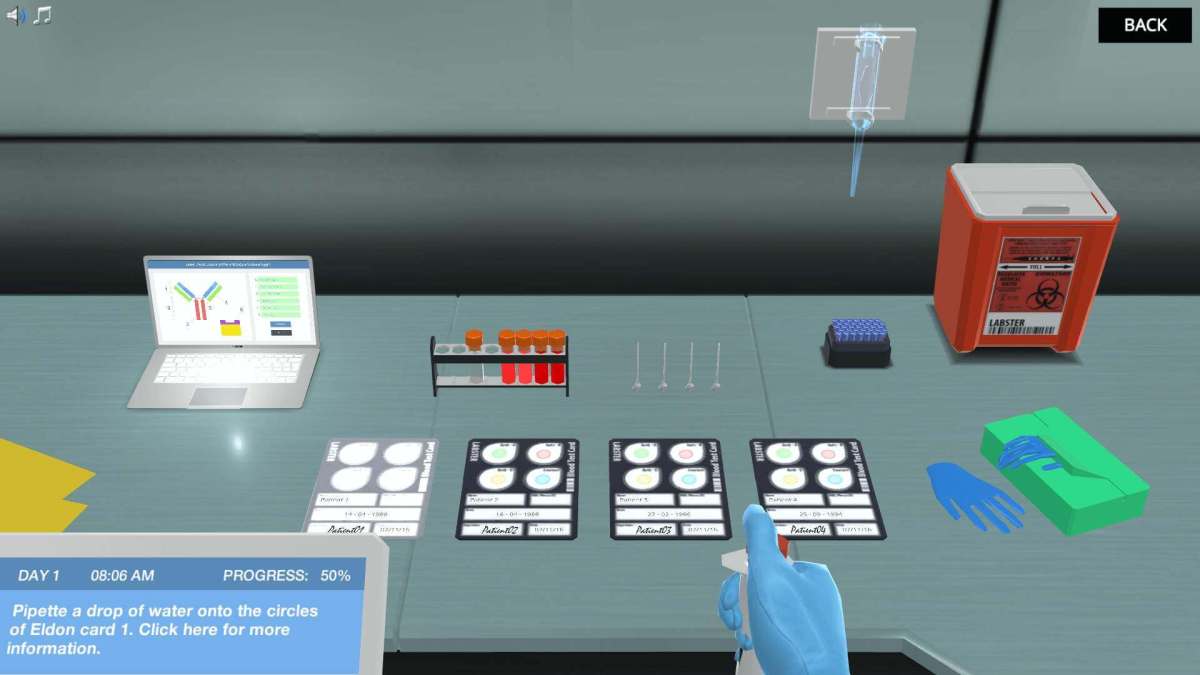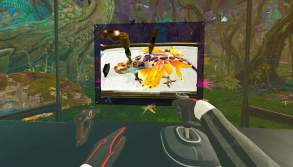Calif. community colleges start virtual science labs for distance learning

To help students get hands-on learning experience while taking classes from home during the pandemic, California Community Colleges on Tuesday launched virtual science labs for all community colleges across the state.
Laboratory work, which allows students to apply their learned knowledge in controlled scenarios, typically requires students do hands-on work in a classroom setting, but in its new online learning environment, California Community Colleges uses technology to simulate those experiences for students.
“Our goal is to allow students to gain access to realistic labs that enable them to perform experiments and achieve desired learning outcomes,” Paul Feist, the vice chancellor of communications and marketing for California Community Colleges, said in a press release.
California Community Colleges has partnered with the edtech company Labster, which develops interactive laboratory simulations, to give its more than 2 million students access to more than 130 virtual labs in biology, chemistry, physics and general sciences. Labster will help educators to integrate virtual labs, software running on computers but not mobile devices, into their courses and make the transition into teaching online.
Students at all 115 colleges in the system will now have free access to the platform through the end of the year, according to California Community Colleges.
“This agreement will provide instructors with a new tool they can use to ensure interactive STEM learning continues in these difficult times,” Labster CEO Michael Bodekaer said in a press release. “Our goal is to empower the next generation of scientists, and we are committed to doing everything we can to ensure students keep getting the hands-on education they need.”




